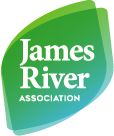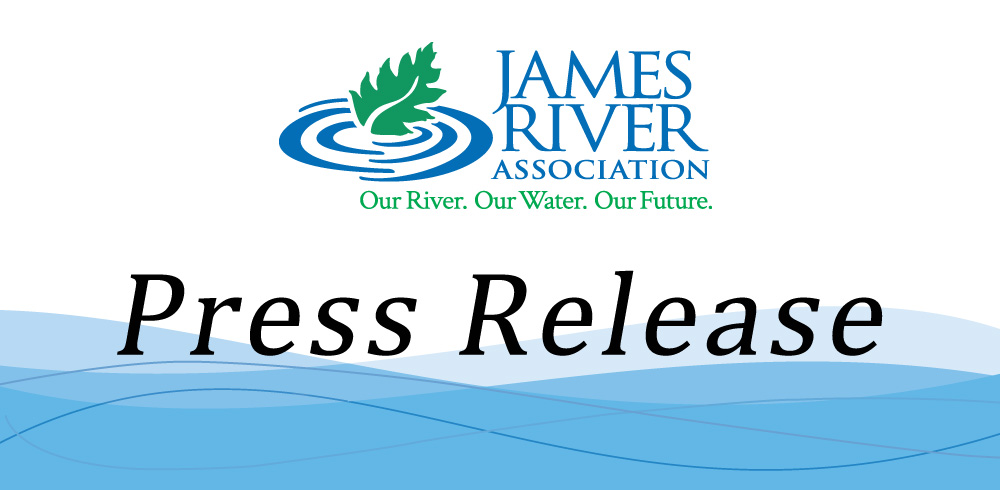
July 22, 2016
Press Statement
For Immediate Release
Yesterday, the James River Association (JRA) joined with the Southern Environmental Law Center and citizens from across the watershed to express concerns to the Virginia Department of Environmental Quality (DEQ) over the terms of a draft permit to dewater coal ash ponds at Dominion’s Chesterfield Power Station on the James River. JRA believes that the draft permit falls short in adequately protecting the river, the species that rely on it and the citizens that live within its watershed.
The dewatering process is the first step in closing the coal ash ponds at Chesterfield, which hold over 280 million gallons of wastewater. “We must ensure that all wastewater is treated to meet water quality standards prior to discharge into the river,” said Jamie Brunkow, Lower James Riverkeeper for James River Association. Pollution limits in the draft permit are currently not protective of public health and aquatic life – including the federally endangered Atlantic sturgeon. The draft permit relies on a mixing zone to dilute wastewater, which includes harmful levels of metals such as arsenic, lead or chromium. The permit also allows Dominion to discharge cooling water at excessively hot temperatures – as high as 129oF according to Dominion’s discharge monitoring reports.
Chesterfield Power Station is adjacent to a portion of the James River where federally endangered Atlantic sturgeon are known to spawn. “The combined effects of toxic pollution and hot water discharge at Chesterfield Power Station pose serious threats to sturgeon and other aquatic life,” said Brunkow. Last fall, two Atlantic sturgeon larvae were collected near the power station during a study conducted by the utility. The presence of the freshly hatched sturgeon further suggests that spawning is taking place nearby.
“We urge DEQ to amend this permit to treat coal ash wastewater to safe limits, and to address the long overdue problem of thermal pollution from this facility,” Brunkow said. The James River Association, in partnership with the Southern Environmental Law Center submitted formal comments to DEQ that are also posted on JRA’s website.
Contact:
Jamie Brunkow, Lower James Riverkeeper
James River Association
(804) 788-8811
jbrunkow@jrava.org
***
ABOUT THE JAMES RIVER ASSOCIATION: The James River Association (JRA) is a member-supported nonprofit organization founded in 1976 to serve as a guardian and voice for the James River. Throughout the James River’s 10,000-square mile watershed, JRA works through core programs – Education, Community Conservation, Watershed Restoration, River Advocacy and the Riverkeeper Program – to help people of all ages enjoy, appreciate and protect the beauty and health of the James River for future generations to enjoy.

